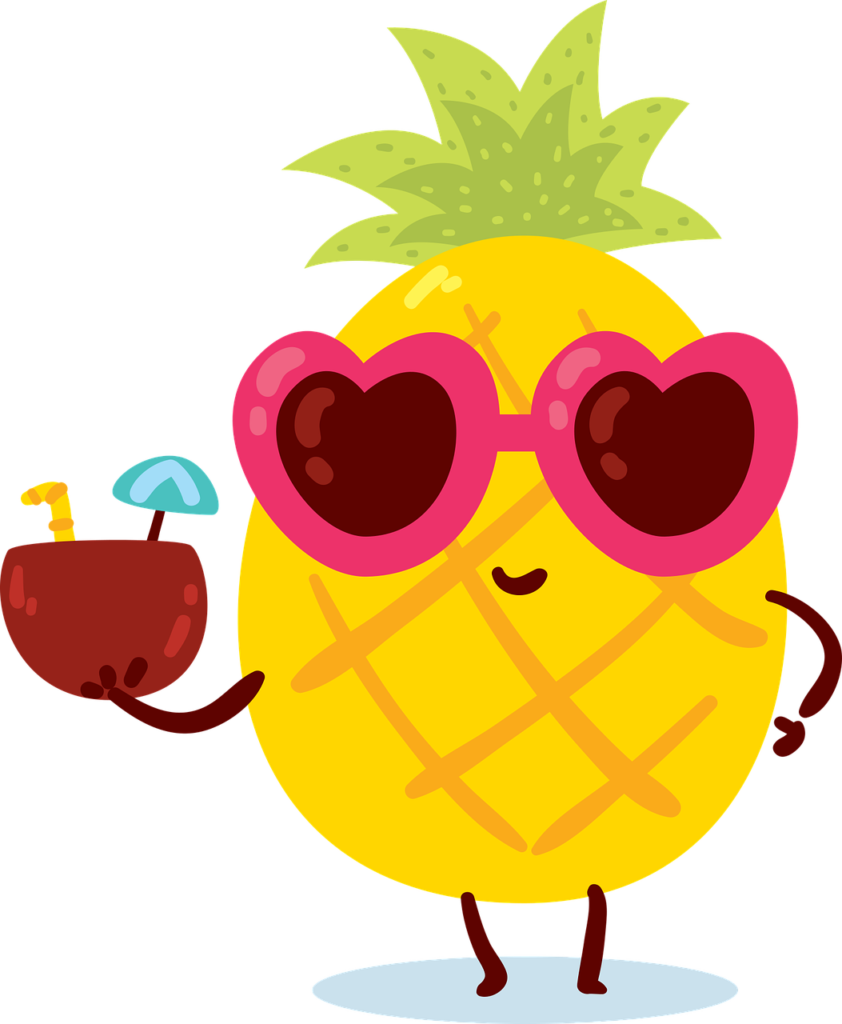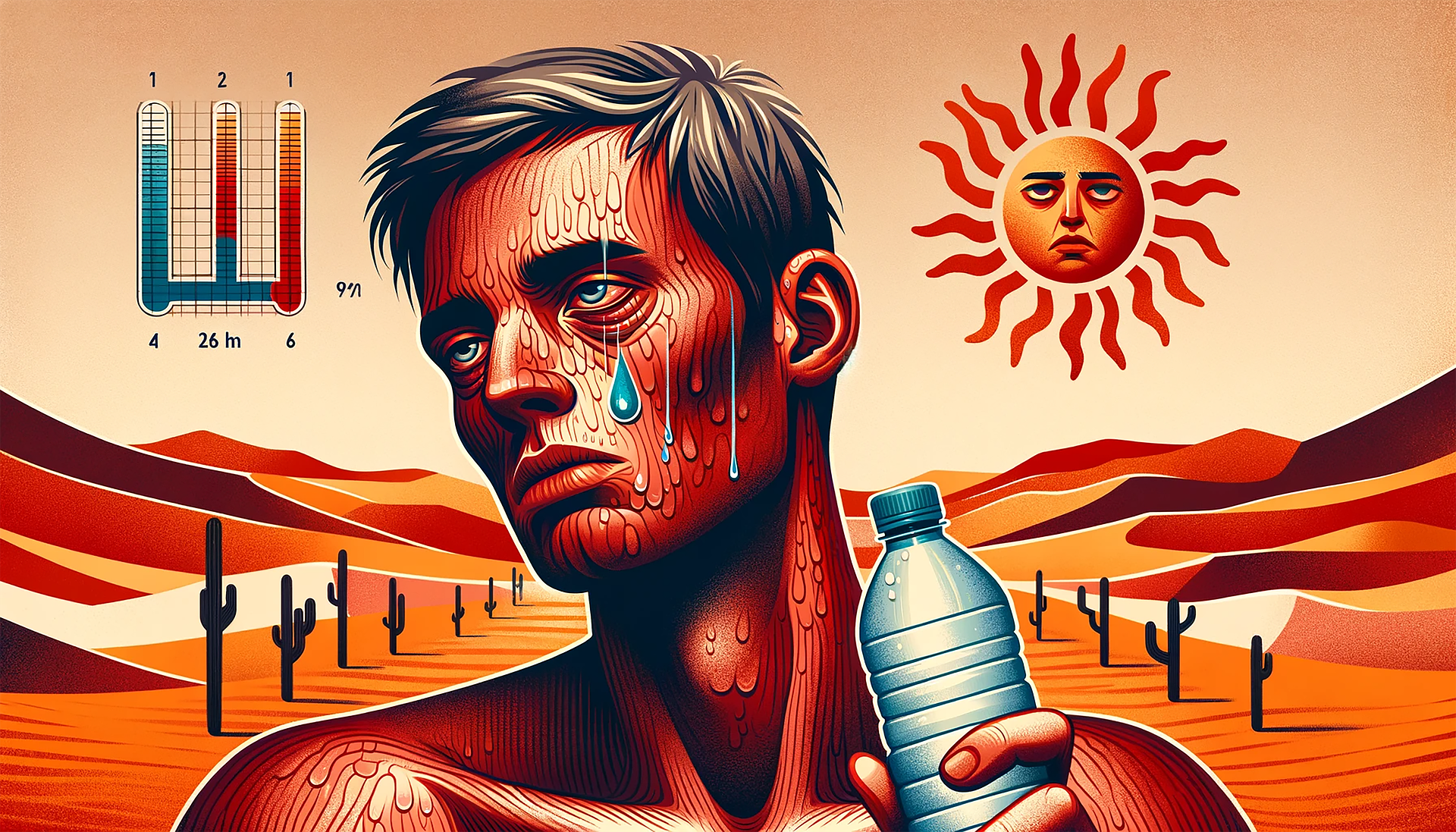Summer

Oho, my dear brothers sisters! There is scorching heat and heat wave of summer. The sun is spewing fire, and the earth is like a frying pan. It is very important to protect your body in this scorching heat, otherwise you will surely get heatstroke. So come on, let us know today what ways we can save ourselves in this scorching heat:
Drink plenty of water in summer :
“Water is life” You all know this. In summer, the body sweats heavily, which reduces the amount of water in the body.
Drink at least 8-10 glasses of water a day.
Drink buttermilk, lassi, lemon water, coconut water, sugarcane juice and even cheese.
Remember, drink as much water as you feel thirsty.
Wear light and cotton clothes in summer :
Avoid wearing dark colors and tight clothes.
Wear cotton or light colored clothes, which allow air to reach the body.
Wear a turban or cap to protect your head from sunlight.
Be sure to wear sunglasses when exposed to sunlight.
Avoid sunlight in summer :
Avoid going out in the sun between 12 noon and 4 pm, because the sun is at its strongest during this time.
If you have to go out, walk in the shade and use an umbrella.
If you are working then definitely take rest in between.
Take care of your food and drink:
Avoid heavy and oily food.
Eat fruits and vegetables that have high water content, such as watermelon, cucumber, etc.
Eat onion seeds because it will save your body.
Don’t eat stale food.
Symptoms and treatment of heat stroke:
Symptoms of heat stroke are: high fever, dizziness, vomiting, headache, and unconsciousness.
If someone gets heat stroke, immediately take them to a cool place.
Loosen their clothes and pour cold water on their body.
Give them ORS solution to drink.
If the condition is serious, consult a doctor immediately.।
Home Remedy:
Drink coriander water.
Tamarind, cry and drink water.
Drink the sherbet from the vine.
Drink onion juice.
Caution:
Take special care of children and elderly people, because they are more at risk of contracting the disease.
Do not leave children or animals alone in the car.
Labor brothers and sisters working outside should take special care.
Lastly, I request all of you to take care of yourself and your families in this scorching heat. Be careful and stay healthy!
Frequently Asked Questions
Question 1: What is heat stroke?
Answer: Heat stroke is a serious medical condition that occurs when the body fails to regulate its temperature. In extreme heat, the body loses the ability to cool down through sweating, causing the body temperature to rise dangerously.
Question 2: What are the symptoms of heat stroke?
Answer: Symptoms of heat stroke include:
High fever (over 104°F or 40°C)
Headache, dizziness, and confusion
Skin becomes hot, red, and dry (in some cases sweating may occur)
Rapid pulse and breathing
Vomiting and nausea
Muscle cramps
Unconsciousness or coma
Question 3: What to do to avoid heat stroke?
Answer: Take the following measures to avoid heat stroke:
Drink plenty of water.
Wear light, loose-fitting, and cotton clothes.
Avoid sun exposure between 12 noon and 4 pm.
Limit physical activity, especially in hot weather.
Stay in a cool place and use air conditioning or fans.
Avoid alcohol and caffeine.
Eat fruits and vegetables that are high in water content.
Question 4: What to do if someone gets heatstroke?
Answer: If someone gets heat stroke, seek medical help immediately and take the following measures:
Move the person to a cool place.
Loosen their clothes.
Sponge their body with cold water or bathe them in cold water.
Give them ORS solution or cold water to drink.
If the person is unconscious, turn them on their side to prevent vomiting.
Question 5: Why are children and the elderly more prone to heat stroke?
Answer: Children and the elderly are more prone to heat stroke because their body’s temperature control mechanism may not be fully developed or weakened. Children have a reduced ability to sweat, and the elderly may have certain medical conditions that affect their ability to control their body temperature.
Question 6: Can certain medications increase the risk of heat stroke?
Answer: Yes, certain medications, such as diuretics, antidepressants, and beta-blockers, can increase the risk of heat stroke. If you are taking any medication, talk to your doctor about whether it may make you more sensitive to heat.
Question 7: Are physically active people more at risk for heatstroke?
Answer: Yes, physically active people are more at risk for heatstroke, especially if they exercise in hot weather. It is important to drink enough water and take regular breaks during exercise.
Question 8: Can I exercise in the heat?
Answer: Yes, but you should be careful. Exercise in the morning or evening when the sun is less strong. Start slowly and increase your intensity as soon as you are comfortable. Drink plenty of water and stop immediately if you feel dizzy or sick.
Question 9: Can heatstroke cause permanent damage?
Answer: Yes, in severe cases, heatstroke can damage the brain, heart, kidneys and muscles. Some people may develop permanent disabilities from heatstroke.
Question 10: Are there any home remedies to prevent heat stroke?
Answer: Yes, some home remedies can help prevent heat stroke, such as:
Drinking coriander water
Drinking tamarind water
Drinking bael syrup
Drinking onion juice
Drinking mint water
Applying rose water on the body
Q11: What is ORS and how does it help with heat stroke?
Answer: ORS is an oral rehydration solution that contains electrolytes and glucose. It helps replace lost fluids and electrolytes in the body, which helps prevent dehydration due to heat stroke.
Q12: When should one see a doctor in case of heat stroke?
Answer: If a person shows severe symptoms of heat stroke, such as fainting, confusion, or high fever, one should see a doctor immediately.
This FAQ provides general information about heat stroke prevention. If you have any specific questions or concerns, please consult your doctor.
